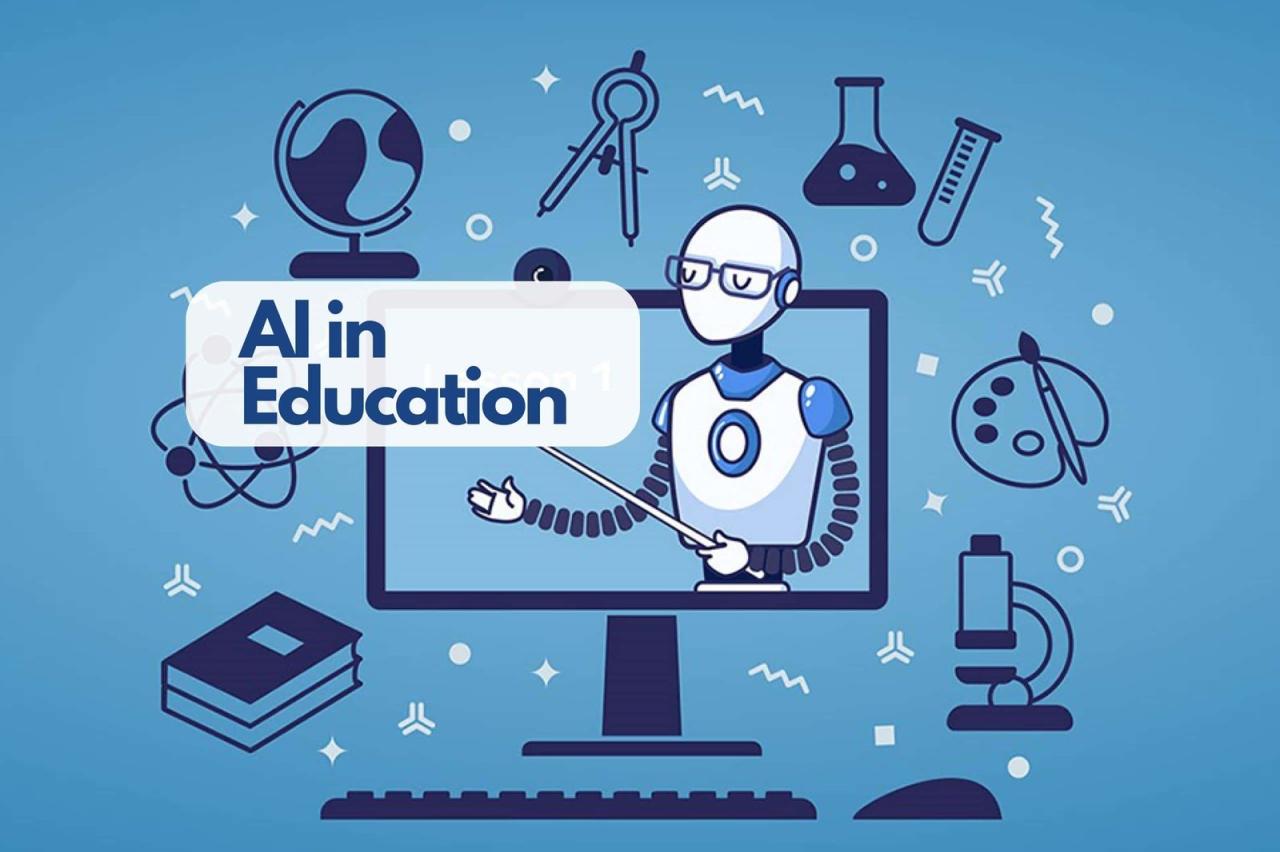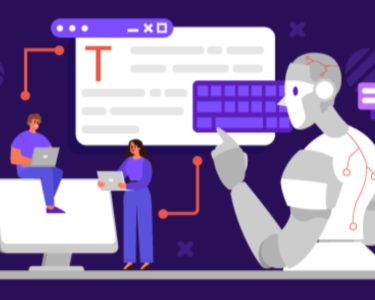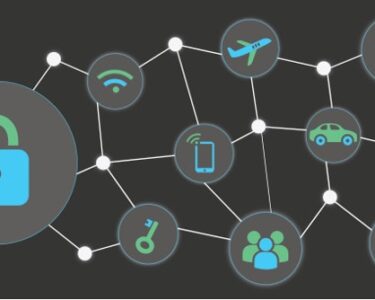
Artificial Intelligence in Education
Introduction
Artificial Intelligence (AI) is transforming various industries, and education is no exception. AI-powered technologies are revolutionizing the way we teach, learn, and manage educational institutions. From personalized learning experiences to automated grading systems, AI is poised to enhance the quality and accessibility of education for all.
Personalized Learning
One of the most significant applications of AI in education is personalized learning. AI-driven platforms can analyze individual student data, including learning styles, preferences, and progress. Based on this data, AI can create tailored learning plans that cater to the specific needs of each student. This approach enables students to learn at their own pace and focus on areas where they require additional support.
Automated Grading and Feedback
AI can also automate grading processes, freeing up teachers’ valuable time. AI-powered algorithms can quickly and accurately grade assignments, providing students with immediate feedback. This automated feedback can help students identify areas for improvement and track their progress more effectively.
Virtual Assistants and Chatbots
AI-powered virtual assistants and chatbots can provide students with 24/7 support. These tools can answer questions, provide information, and guide students through learning materials. By offering constant access to assistance, AI can empower students to learn independently and resolve queries promptly.
Adaptive Learning Systems
Adaptive learning systems leverage AI to create dynamic learning environments that adjust based on student responses. These systems monitor student progress and provide personalized recommendations for further learning. By tailoring the learning experience to each student’s individual needs, adaptive learning systems can accelerate progress and improve learning outcomes.
Classroom Management
AI can also streamline classroom management tasks. AI-powered software can automate attendance tracking, grade recording, and student data management. This frees up teachers to focus more on teaching and creating a positive learning environment.
Challenges and Future Directions
While AI holds immense promise for education, there are also challenges to address. Concerns about privacy, equity, and potential job displacement need to be carefully considered. However, ongoing research and advancements in AI are continuously expanding its capabilities and mitigating these concerns.
AI in education is an evolving field with the potential to transform how we teach and learn. By embracing AI’s capabilities and addressing the challenges it presents, we can harness its power to create more personalized, accessible, and effective educational experiences for all.


